Prove Him Right
Can we restore the American Idea — for our children and our humanity?
When Talking Stops
I’m glad I waited to watch Charlie Kirk’s memorial before finishing this post. For days I struggled to write — distracted by the “he-had-it-coming” justifications of his murder, and by the claim that finding common ground is no longer possible.
But I refuse to accept that. This essay is my attempt to prove why — and to enlist you in restoring dialogue at a moment when America desperately needs it.
They say grief comes in waves. This summer I lost two dear friends far too soon, and then came the assassination of Charlie Kirk, a 31-year-old husband and father of two. Though we were only acquaintances, the footage replaying on my feed haunted me.
What could transform a straight-A student from a good family into an assassin whose bullets were engraved with “Hey fascist! Catch!”? Why do some tragedies — like 9/11 — provoke near-universal condemnation, while others — like October 7 or Charlie Kirk’s murder — are met with equivocation, even justification?
I’ve seen how disagreement can transform into hate, and then into violence. After co-founding a student newspaper to challenge the campus orthodoxy at Tufts University, my car was vandalized and smeared with the word FASCIST. Perhaps that’s why Charlie’s murder feels personal.
That’s why I return to the American Idea — the radical notion that people of differing backgrounds, beliefs, races, and religions can come together in the public square, not to destroy one another, but to forge a “more perfect union.”
In explaining his “Prove Me Wrong” campus tour, Charlie said:
“When people stop talking, really bad stuff starts. When marriages stop talking, divorce happens. When civilizations stop talking, civil war ensues. When you stop having a human connection with someone you disagree with, it becomes a lot easier to want to commit violence against that group.”
Isn’t that what accounts for the morally confused response to both Charlie’s murder and our post-October 7th world?
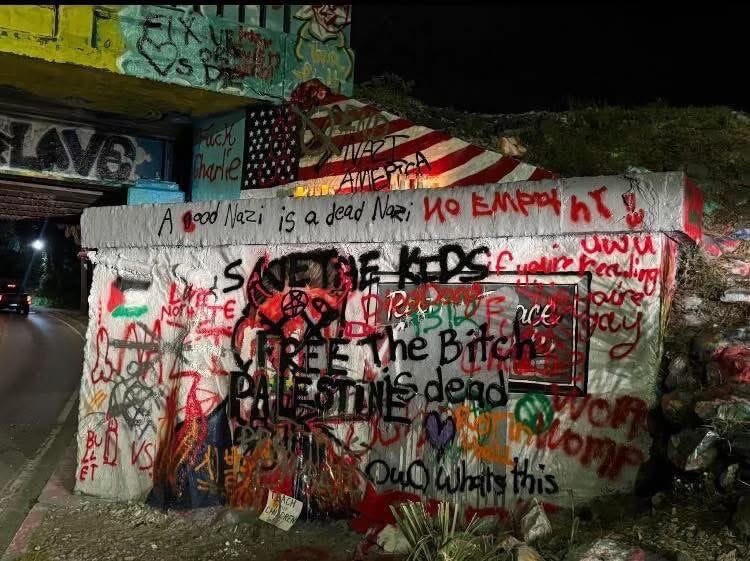
And if leaders themselves frame politics as war — as Senator Chris Murphy did the night before Charlie’s murder and conservatives did the next day – doesn’t that make it more likely someone will take them literally?
Bad Ideas, Broken Trust
Charlie believed that when people keep talking, bad ideas lose their power to hurt. That was the point of his campus dialogues: to show, with clarity and compassion, how ideas like gender ideology endanger real people.
As I wrote in my recent post, What I Learned in My Theater Board’s Gender Debate, behind radical gender ideology “are real people — children on irreversible medical paths, women denied fairness in sports and dignity in private spaces, and parents powerless to protect their kids.”
But bad ideas don’t just harm the vulnerable. They warp minds. Charlie’s assassin wasn’t born evil. He was radicalized by ideology that taught him to see disagreement not as debate, but as hate — and to see himself as a victim.
As then-Stanford student Julia Steinberg described in her Free Press column: because the oppressor/oppressed framework is the “intellectual north star” for her generation, “the oppressor is always wrong, and the oppressed are always right.”
Social psychologist Jonathan Haidt explains this mindset with three “great untruths” now dominating education and culture:
What doesn’t kill you makes you weaker.
Always trust your feelings.
Life is a battle between good people and evil people.
If you believe these untruths, fragility replaces resilience, emotions eclipse reason, and every opponent becomes an enemy. Persuasion dies, and violence feels virtuous.
And the danger seeps into ordinary life:
Luke Hanson recounted how his wife spoke with three young nurses in Texas — ordinary professionals, not radicals — who shrugged that Charlie “got what was coming to him.” How can those sworn to the Hippocratic Oath, to do no harm, condone assassination?
This is the pattern: bad ideas take root in institutions, spread through echo chambers, and saturate the mainstream — where ordinary citizens lose their moral compass and the vulnerable pay the price. Which begs the question: where is this rage culture cultivated?
The Ecosystem of Intolerance
The answer is that it is being cultivated in the institutions that shape young minds, fund advocacy, and broadcast narratives. Together they form an ecosystem that doesn’t just nurture division — it normalizes intolerance.
As I wrote in my post, Antisemitism & Anti-Americanism Are Rising — What You Can Do:
“Instead of building resilience and civic virtue, children are taught to see themselves through inherited guilt or grievance — sorted into victims and oppressors, with identity replacing individuality”…Then, “ideological conformity hardens in universities where viewpoint diversity has collapsed, according to Haidt.”
Meant to train critical thinking, our education system has become an incubator of radical ideology — turning too many students into sheep, the very opposite of the independent thinkers Charlie challenged them to become.
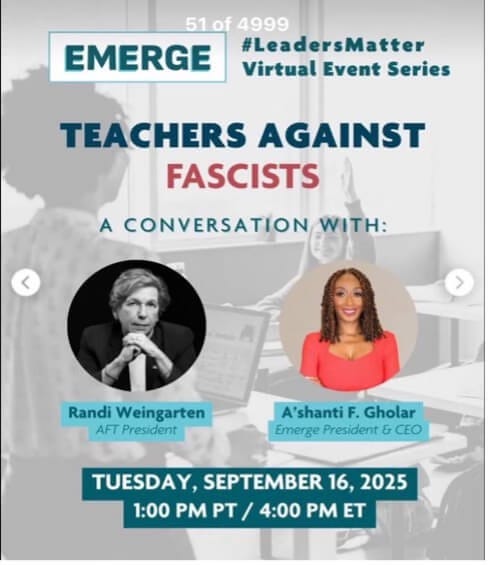
At a recent workshop in Virginia, professors from the state’s top public universities praised revolutionary violence and “crashing the U.S. settler state.” One even told students that “grabbing the gun” could be liberating. Is this education — or indoctrination?
Funding the ideology and its advocacy are non-profits. Though designed to serve the public good, many are conduits for ideology, using taxpayer and foundation dollars to advance radical agendas. The Southern Poverty Law Center, once lauded for fighting the Klan, now brands mainstream religious and family organizations as “hate groups.”
Charlie’s assassin confessed he killed to ‘stop the hate.’ What does it say about our culture when the word hate is repeated so often it loses meaning — and becomes a license for violence?
The media is where the ideology pipeline ends and the megaphone begins. Young activists steeped in ideology graduate to become reporters, editors, and producers. They don’t just cover the news; they curate a narrative that consistently casts those with different beliefs as threats — even fascists.
In June 2024, The New Republic magazine ran a cover portraying Donald Trump as Adolf Hitler, with the headline “American Fascism.” What message does that send about fellow citizens who supported him — and what seed does that plant in the minds of those who didn’t?
The same pattern appeared after Charlie’s murder. The Nation published an article titled “Charlie Kirk’s Legacy Deserves No Mourning.” It dismissed the tragedy, smearing him as a racist, transphobe, homophobe, and misogynist whose life was not worthy of grief.
But here’s the irony: when detractors can’t muster the basic decency to refrain from smearing a young man who has just been murdered, doesn’t it turn fair-minded people away from them — and toward him? Aren’t the vigils, memorials, and heartfelt testimonials pouring in from around the world proof of that?
Novelist Stephen King didn’t take long to malign Charlie either, claiming that Kirk had advocated stoning gays to death. It wasn’t true, but inside his silo it felt true — and spread. King later apologized. Given Charlie’s magnanimity, I believe he would have accepted the apology. After all, look how he reached out to Van Jones.
The night before he was killed, Charlie messaged Jones to invite him on his show for a conversation about crime and race: “I would be a gentleman, as I know you would be. We can disagree about the issues agreeably.” Jones shared the whole message after Charlie’s death, visibly shaken, and called the assassination “horrifying and heartbreaking.”
That’s who Charlie was: not the caricature of a bigot, but a man who modeled the American Idea — where persuasion and civility coexist.
Beyond the Hateful Caricature
For those willing to examine Charlie’s public statements — as millions are daily — the record shows the opposite of what The Nation or King claimed. As Charlie stated often:
“Gay people should be welcome in the conservative movement. As Christians we are called to love everyone. I will always stand against people who wish to establish their own personal values as a reason to kick others out of our movement.”
So readers can judge for themselves, I encourage you to watch this viral video compilation by Amir Odom, a Black, gay former colleague of Charlie’s. Odom highlights Charlie’s actual statements on the most controversial issues including race and gender — words often misrepresented by media, activists, and even President Obama.
So, I ask: which do you believe — the media caricature, or the man himself?
Even ABC’s suspension of Jimmy Kimmel showed networks realize they can’t afford to dismiss half their audience, as veteran journalist Mark Halperin noted.
Speech as Violence, Violence Against Speech
A new Wall Street Journal survey shows an alarming generational divide on whether violence is ever justified to silence speech. While 93% of baby boomers say “never,” only 56% of Gen Z agrees. Nearly half of young adults now believe that under the “right” conditions, shutting someone up with fists or bullets can be acceptable.
That’s what makes this tragedy so haunting. Charlie’s assassin came from a good, patriotic family — just like my own 22-year-old son. Yet while my son felt called to defend America’s ideals by entering Officer Candidate School to be a Navy pilot, the assassin reached for his grandfather’s hunting rifle to murder Charlie for his ideas.
Why the divergence? Erika Kirk, in her moving eulogy, answered it with stunning grace:
“My husband wanted to save young men just like the one who took his life.”
Her words distilled Charlie’s mission: to give young men pride in country, hope for the future, and the grounding of faith and family before radical ideology could claim them.
J.K. Rowling, who has faced a mob for defending biological reality, put it bluntly:
And here’s where the difference between “cancel culture” and “consequences culture” matters. Charlie knew the distinction. Free speech means the government may not censor you — it doesn’t mean you keep your job if your audience walks away. Jimmy Kimmel wasn’t censored by the government — though the FCC chair, wrongly in my view, did weigh in. Kimmel’s show, a ratings failure, was suspended by his network, which, like any employer, answers to its affiliates and its viewers. Losing a show is not the same as losing your life.
Prove Him Right
Some say persuasion is no longer possible. Bill Bennett wrote that he feared Charlie may have been the last to believe it. But the ‘Charlie Effect’ proves otherwise: people are thinking again — even changing their minds.
Charlie may have started out as an “own-the-libs” debater, but as he matured, he learned that debate is for the best talker, while persuasion is for the best listener. By asking questions, modeling respect, and building trust, he opened hearts — and hearts open minds.
The surge of personal “turning point” testimonies prompted Cardinal Timothy Dolan to call Charlie a modern-day St. Paul:
“It’s a revival of … value and truth and conviction… an elevation of the role of faith back into the public square where our founders intended it to be.”
Wouldn’t the country and our youth be better off if more Americans focused on the values Charlie preached — God, family, country?
If Charlie’s assassin had only engaged with him, he might have been awakened, like Robbie Woodson. In a must-watch viral video, Robbie stood in his first-ever suit, bought by his wife. With tears welling, he admitted he had never been religious but vowed to be a better husband, father and man — and to wear that suit to church. “Charlie made me feel this way,” he says.
That’s the Charlie Effect: proof you can’t silence an idea by ending a life. You only prove its weight. As Whoopie Goldberg noted, “just because you take somebody out doesn’t mean the message is going to stop.”
And then there was Erika Kirk, who in her grief became the embodiment of the grace her husband preached. She did the unimaginable in her eulogy: forgave Charlie’s assassin.
“I forgive him,” she said. “Because that is what Christ did. That is what Charlie would do. The answer to hate is not hate.”
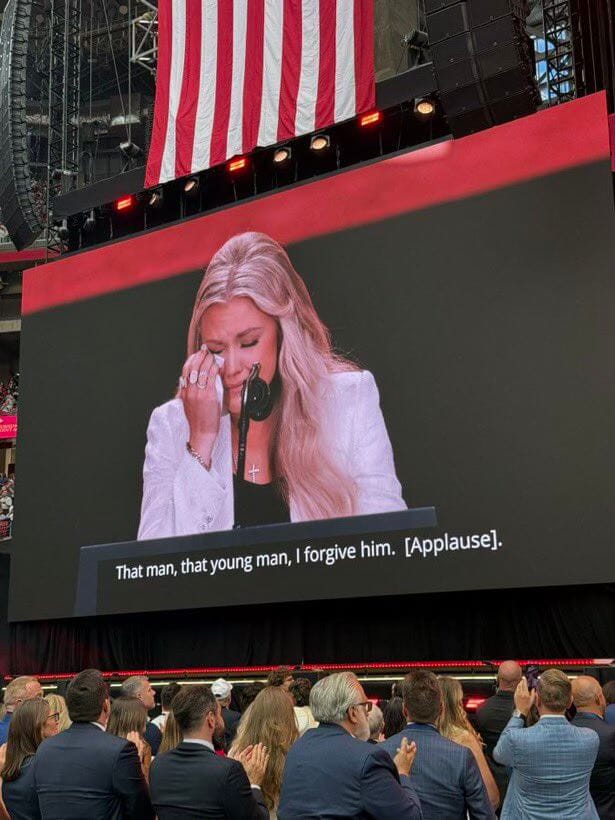
This, too, is the Charlie Effect:
This moment is not just political; it is spiritual. The real divide is not left versus right, but between those who see what Charlie’s life — and Erika’s grace — mean for our country and our humanity, and those who choose not to. The choice is ours.
I leave you with this parable: A man once stood before God, his heart breaking over the world’s injustice. “Lord,” he cried, “why don’t you send help?” God replied: “I did. I sent you.”
We are the luckiest people ever to walk this earth. If we want our children — and their great-great-grandchildren — to be able to say the same, then it’s our turn to Prove Charlie Right. To live the American Idea not by silencing, but by speaking; not by hating, but by hearing; not by dividing, but by dialoguing — so good things happen.
Shanah Tovah. May this season of reflection and forgiveness inspire us to embrace dialogue, grace, and renewal as the path to repairing our broken world.
If something made you think again, please dialogue with me — click the comment button.


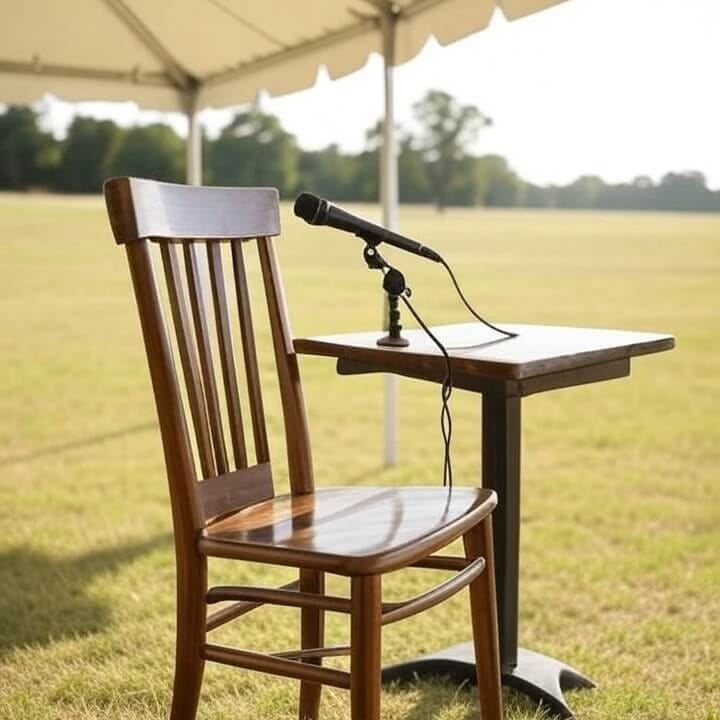
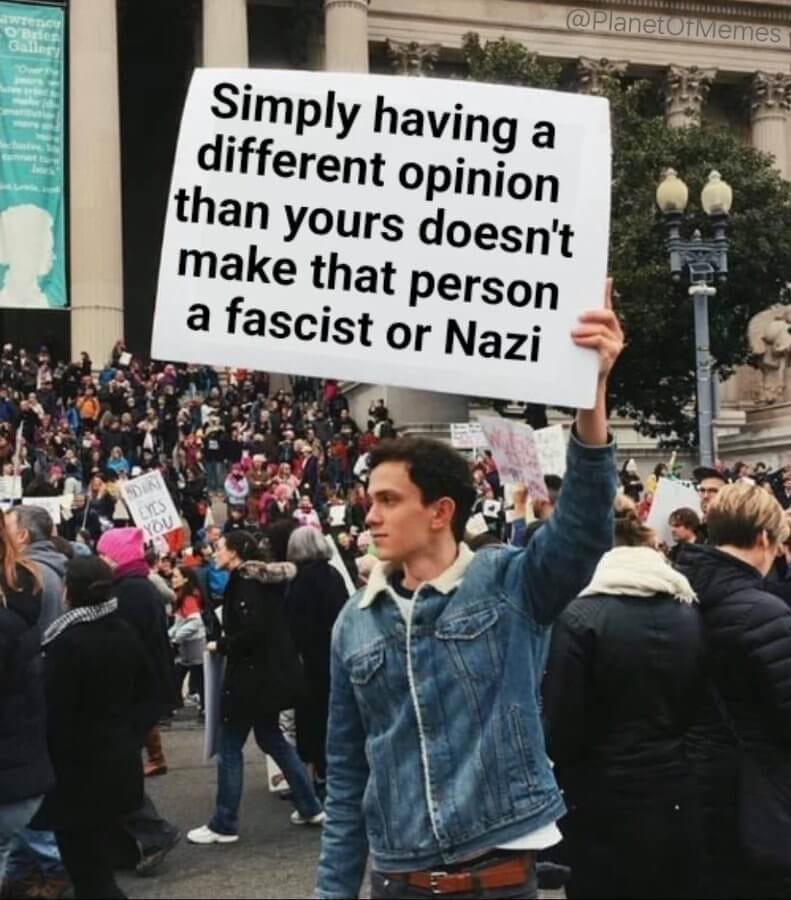
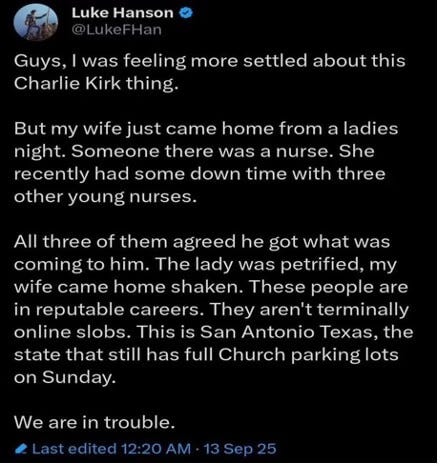
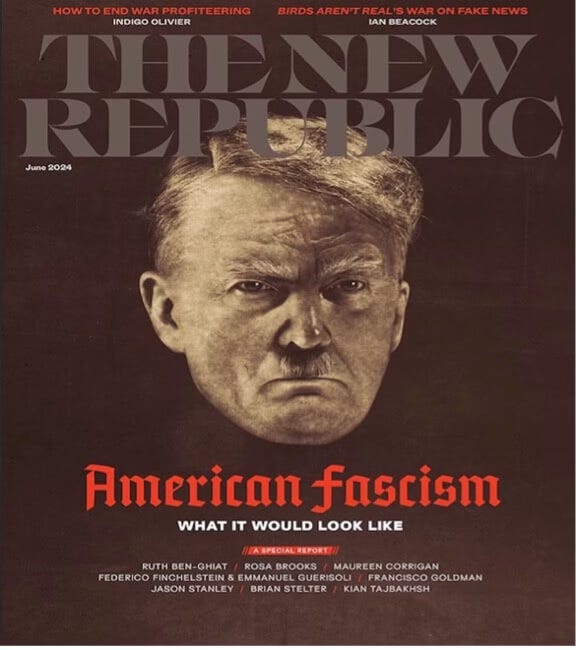
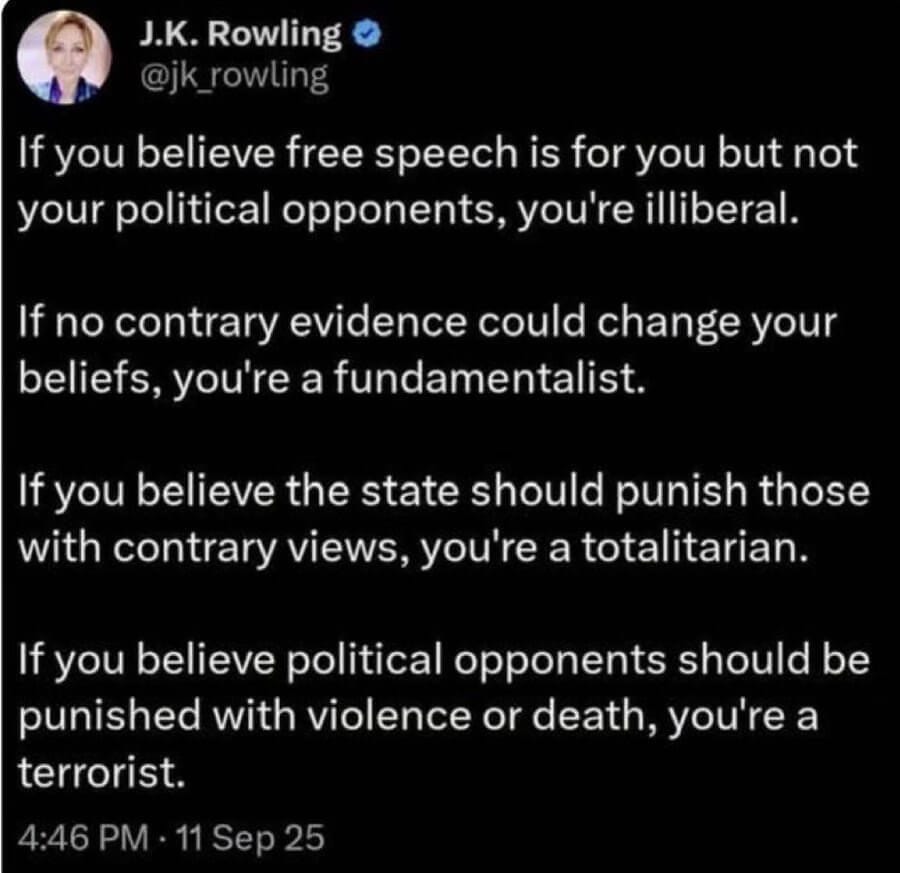
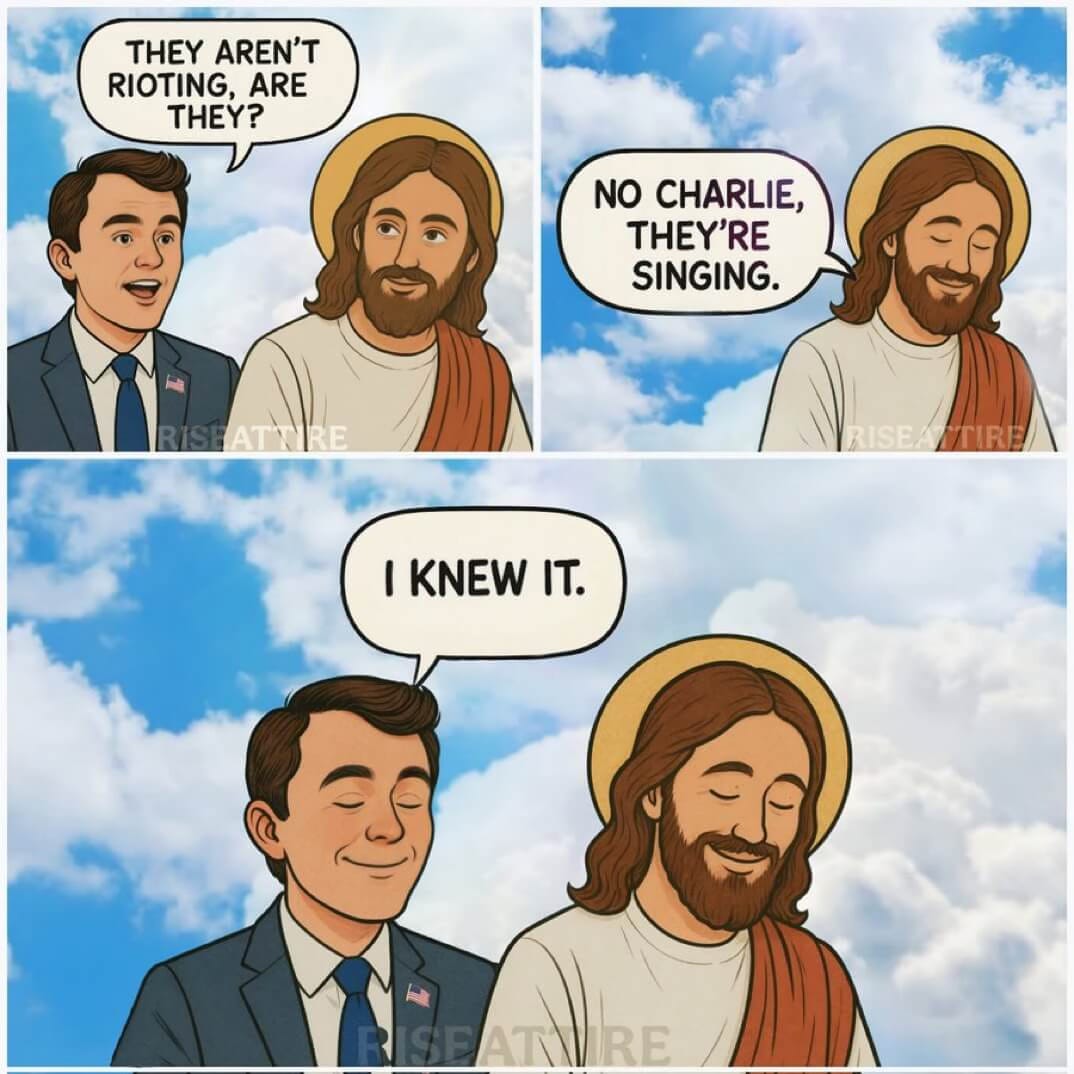

Those that believe in false ideology often resort to speech cancellation, ostracism, and hate when challenged with the truth. It’s true in politics, education, and medicine. We need your voice Melanie. We also need Amir Odom’s.
Breathtaking summation of the insane state of our world. Your articulation of the moral corruption, fueled by nurtured intolerance, needs to be heard loudly - it could and should be employed to help others see the urgency of correction. ♥️